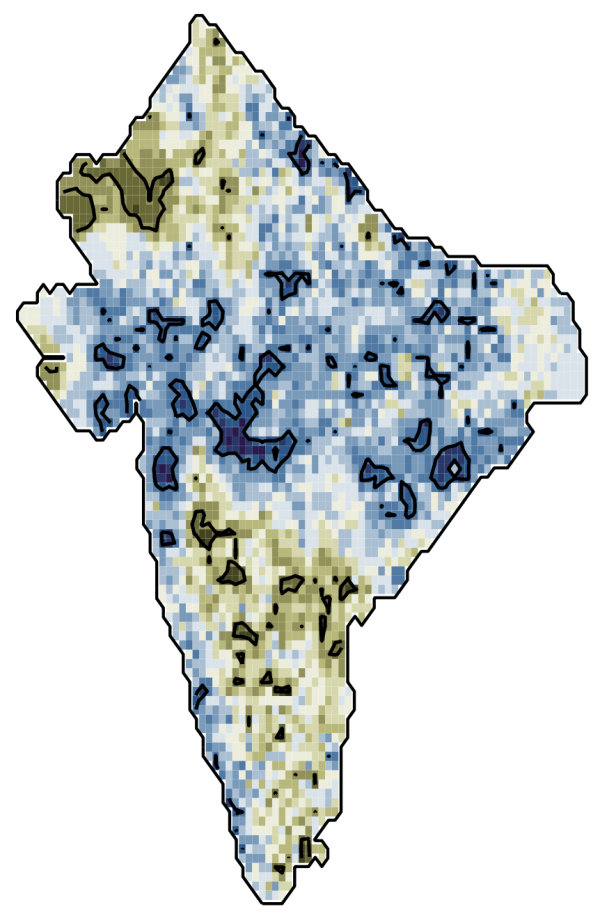Children, Vol. 12, Pages 987: Effects of a 12-Week Exercise Intervention on Primitive Reflex Retention and Social Development in Children with ASD and ADHD
Children doi: 10.3390/children12080987
Authors:
Norikazu Hirose
Yuki Tashiro
Tomoya Takasaki
Objective: Retained primitive reflexes are associated with delayed motor and behavioral development in children with autism spectrum disorder (ASD) and attention-deficit/hyperactivity disorder (ADHD). This study examined the effects of a 12-week structured exercise intervention on reflex integration, motor coordination, and socio-behavioral outcomes in these populations. Method: Fifteen children with ASD (13 boys, 2 girls) and twelve with ADHD (8 boys, 4 girls), aged 6–12 years, participated in rhythmic, balance, and coordination-based exercises. Primitive reflexes, including the asymmetrical tonic neck reflex (ATNR), were assessed using standardized protocols, and fine motor coordination was evaluated using the Finger and Thumb Opposition Test (FOT). Behavioral outcomes were measured using the Social Responsiveness Scale-2 (SRS-2) for the ASD group and the Conners 3 for the ADHD group. Results: The ASD group showed significant reductions in left-standing ATNR retention scores (p = 0.012) and improvements in right-hand FOT scores (p = 0.023). In the ADHD group, significant improvements were also observed in right-hand FOT scores (p = 0.007). Furthermore, Conners 3 Total and Global Index scores significantly decreased in the ADHD group (p = 0.016 and 0.020, respectively). Reflex retention patterns appeared broader and more bilateral in ASD than in ADHD, suggesting distinct motor developmental profiles. Conclusions: Short-term rhythmic, balance, and whole-body coordination exercise interventions may support behavioral and motor development in children with ASD and ADHD. Tailored programs emphasizing reflex integration hold promise for clinical and educational applications.
Source link
Norikazu Hirose www.mdpi.com

